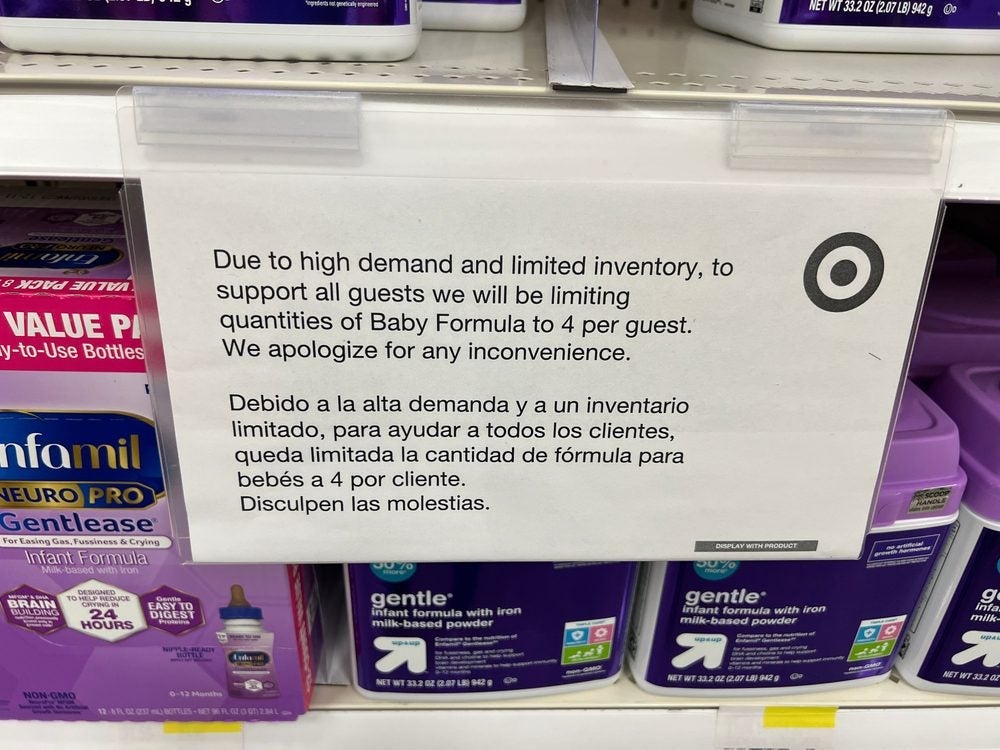 It’s time for marketers to start paying attention to Gen Z. These kids (yes, kids) who were born after 1995 are quickly growing up and gaining purchasing power. Unfortunately for a large majority of marketers, this cohort is unlike any demographic they have ever tried to engage.
It’s time for marketers to start paying attention to Gen Z. These kids (yes, kids) who were born after 1995 are quickly growing up and gaining purchasing power. Unfortunately for a large majority of marketers, this cohort is unlike any demographic they have ever tried to engage.
Gen Z multi-tasks using 5 devices per day and spends 41% of their non-school time on either a screen or a computer. Those numbers are significantly higher than any other age bracket and this generation’s “always-connected” tendencies have created a digital fluency that can’t be replicated by any of us old people – have you ever tried to use a magazine like a tablet?
To understand how to market to Gen Z, you need to get on their level. This is no easy task; Gen Z is radically unlike you. Be honest: do you know what “on fleek” even means? (You can test your Gen Z vocab further if you’re interested.) Consumers who have grown up surrounded by and entrenched in technology have become “empowered customers” and this is a trend that shows no signs of slowing down. Consider:
- Facebook’s 2004 launch was only the start of Gen Z’s social media obsession. Since then, they have rapidly adopted more visual options such as Instagram and Snapchat.
- YouTube is Gen Z’s favorite website. They prefer for brands to reach them there above all other mediums.
- When Apple launched the first iPod in 2001, the oldest of this generation were only 6 years old. When the iPhone dropped in 2007 they were around the seasoned age of 12.
This has created a significant paradigm shift that requires marketers to become the best possible version of themselves: agile, digital, authentic—and on fleek.
- Go digital all the way. When thinking about how to reach and appeal to Gen Z, companies—not just marketers—need to think digital-first for the entire brand experience. This includes the messaging, the products themselves, the shopping experience and how they support the purchase after the fact. Considering all these different parts of the experience as separate entities will not work because of the blurred lines digital causes between marketing and service or between product and marketing. A study by CDW-G found that 94% of students use technology to do their homework and 86% say they use more technology outside of school than in it. To be a company that resonates with Gen Z, think big, think connectivity, think digital.
- Be genuine and honest across channels. It’s quite logical that members of Generation Z place a high premium on authenticity, given how intimately connected they are with their worlds via mobile and social media. Companies need to speak in a voice that communicates the core values that define the brand, in a language that speaks to the beliefs, ambitions and passions of these individuals. Here’s a hint: using a bunch of emojis won’t cut it.
- Content is king. For a generation that is constantly bombarded with content, the threshold for what will get the attention of Gen Z is very high. Generic repurposing of existing marketing assets isn’t going to create an authentic connection. Instead, you need to have unique assets for each channel you use based on the context of each individual when they engage. Luckily, Gen Z’s prolific digital behavior gives you all the information you need to create detailed customer profiles.
- Move as quickly as Gen Z. Trying to catch up with a group of people that naturally transition from device to device and channel to channel is a hopeless goal—you’ll never catch a shadow. To give Gen Z a reason to connect with you, you need to be there with them, with an established presence that gives them reason to engage with you. Just a Facebook page with millions of followers won’t cut it—you’ll need to offer more tailored, interactive and visual experiences on many platforms.
Brands that are ‘on fleek’ when marketing to Gen Z are those that will win not just immediate sales, but long-term customer loyalty. Because this demographic is always connected, brands now have the opportunity to get closer to these consumers than ever. Gen Z will keep marketers on their toes, but the reward of keeping up will be quality, long-lasting customer relationships. Trust me, it’s worth it.
Cory Munchbach is director of product marketing at BlueConic.


 Network
Network

